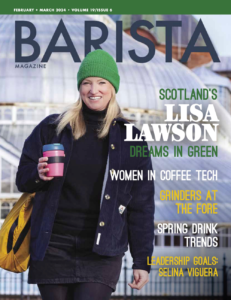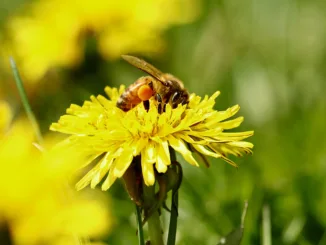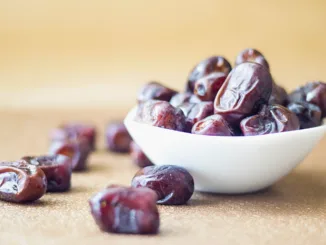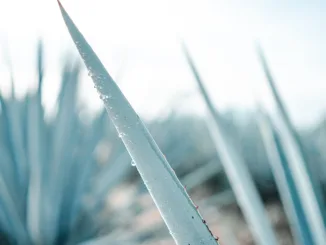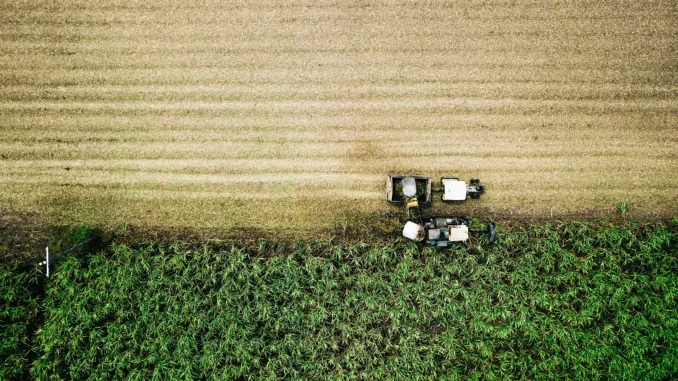
In the hopes of promoting transparency and fair labor practices on every level of the supply chain, we explore ways to find ethically sourced sugar.
BY EMILY JOY MENESES
BARISTA MAGAZINE ONLINE
Featured photo by Josh Withers via Unsplash
Last week, we began our discussion on sugarcane by shedding light on the history of sugarcane production and ways in which the sugarcane industry has been riddled with ethical and environmental concerns over the years. Today, we’re continuing our exploration of the crop by sharing ways that we can ethically source sugar in the modern world and encourage fair labor practices on every level of the supply chain.
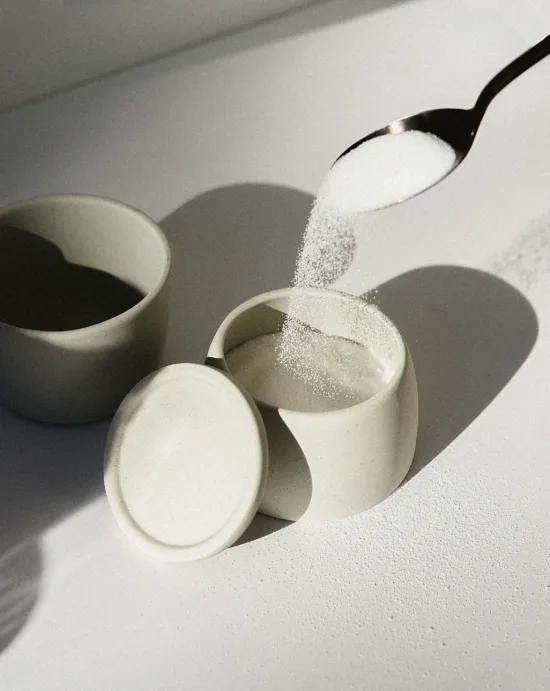
Understanding Labels
When finding ethically sourced sugar, it’s important to first understand labels and the different certifications that you may find on each one. You’re probably familiar with the term “fair trade.” But what exactly does “fair trade” mean, and how does it apply to sugarcane farmers?
The fair-trade certification, which can come from organizations like Fairtrade International or Fair Trade America, guarantees that a product was produced and exported under specific guidelines for fair labor practices. This includes adherence to fair wages and environmental sustainability standards.
When it comes to sugar, Fair Trade International requires small-scale sugar farmers to receive a fair-trade premium of at least $60 USD per ton of sugar, which is paid on top of the regular price of sugar. The farmworkers can then use this premium to fund environmental initiatives or anything else that may benefit them and their communities.
In addition, buying sugar that is certified organic can help ensure better environmental practices. Organic sugar farmers utilize sustainable farming practices such as crop rotation to protect soil health and minimize erosion, habitat destruction, and carbon emissions.
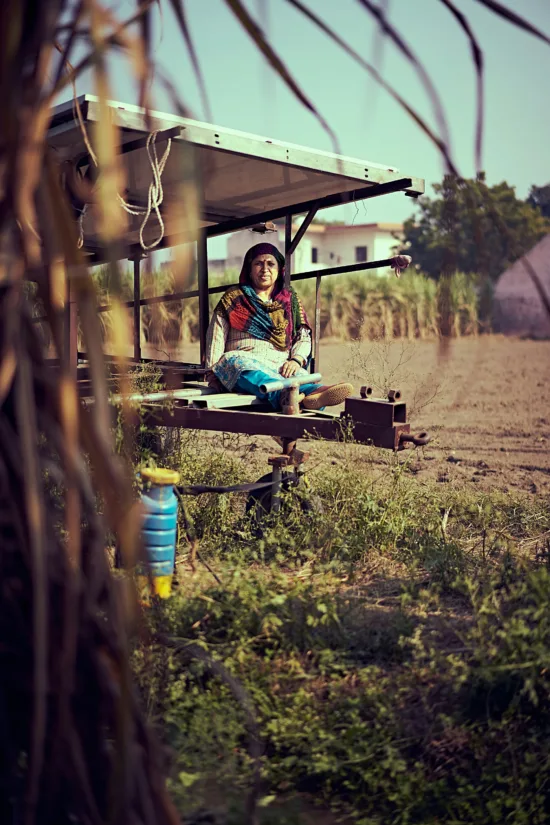
On the Search for Transparency
When trying to find ethically sourced sugar, it’s important to look to brands that prioritize transparency and traceability. They should make it easy for you to know exactly where the sugar is coming from, how it’s produced, and how it got to you.
This article by Lela Nargi discusses the problem of transparency in the sugar industry. Lela points out how sugar brands often falsely claim that their sugar was “made in the United States” when, in fact, their sugar was only refined in the U.S. The sugar was actually grown abroad, in ways that can be harmful to indigenous wildlife and farming communities.
What’s the solution? We can be more mindful in reading labels and researching the brands we’re buying and where they’re getting their products. We can go the extra step and take a little more time to research fair-trade and ethical brands. For example, you can find a list of fair-trade sugar brands—like Wholesome Sweeteners—here.
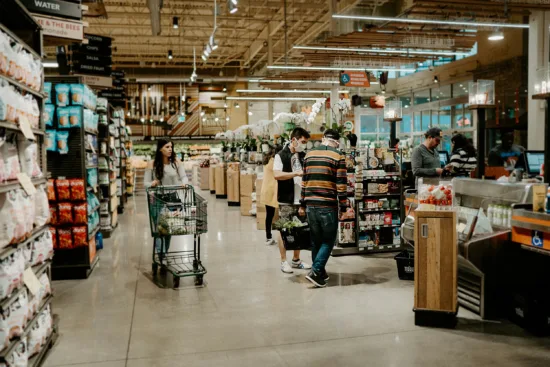
Our Responsibility
As consumers and coffee workers, it’s important that we take responsibility for the impact of our choices on farming communities around the globe. By better understanding labels and the brands we’re buying, we can better ensure that the sugar we purchase is produced with small-scale farmers and the environment in mind.
Moreover, pushing for more transparency along the supply chain will allow us to make informed decisions about the brands we support and ensure that our purchases align with our values. Together, through conscious consumption and advocacy for ethical sourcing, we can contribute to a more equitable and sustainable future for sugarcane farmers and communities worldwide.
ABOUT THE AUTHOR
Emily Joy Meneses (she/they) is a writer and musician based in Los Angeles. Her hobbies include foraging, cortados, vintage synths, and connecting with her Filipino roots through music, art, food, and beverage.
Subscribe and More!
Out now: It’s the February + March 2024 issue of Barista Magazine! Read it for free with our digital edition. And for more than three years’ worth of issues, visit our digital edition archives here.
You can order a hard copy of the magazine through our online store here, or start a subscription for one year or two.

